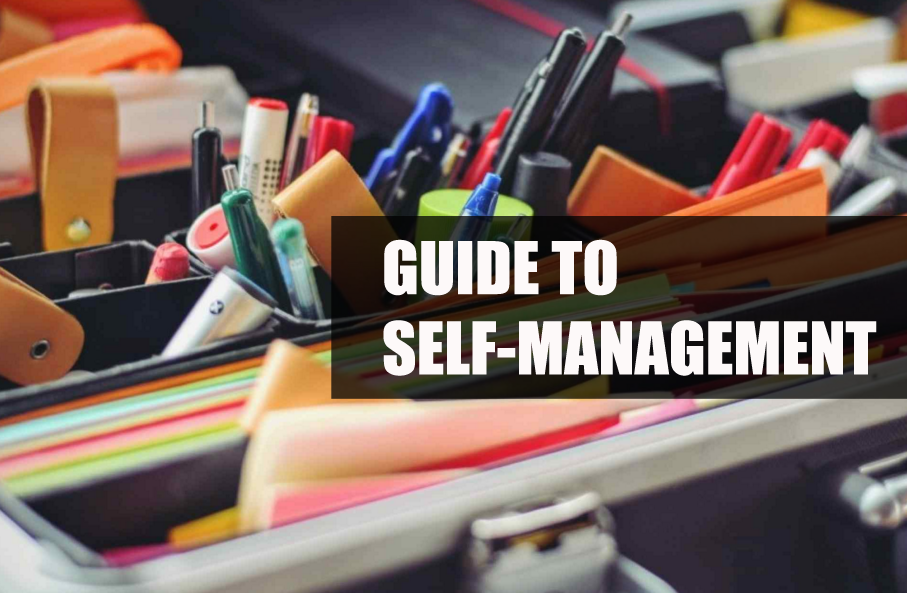It is no breaking news to anyone that global warming is dangerously threatening our green planet. Since 1997’s Kyoto protocol agreement, that various key players and prominent figures come together, to look for ways to reduce carbon and greenhouse gas emissions, as these are damaging the environment in a profound way. But its not only governments that should try to do something. Citizens and Businesses can play an important role in finding a solution to the environmental problems.
Carbon-connect AG, is a Swiss based company that was founded in 2013 with the clear purpose of providing individuals and companies with simple solutions that contribute to climate protection. The company’s inspiring and original vision is to support high quality climate protection projects, by offering various labels to their clients inviting them into being part of the solution of our planets problems ( that span from the common citizen to a big organization). By acquiring a label, any individual, company or website is able to neutralize their carbon footprint. In the following interview to Intelligenthq, the company’s CEO, Pascal Freudenreich explains in detail what inspired him to co-found Carbon-connect AG, and how his company is actively tackling the important environmental issues that are threatening our days.
1. Can you tell us about you, your education background?
After having concluded my education in finance, I spent 10 years abroad (USA and Germany) and returned to Switzerland in 2007. During that time I did several extension studies.
2. You created Carbon Connect, can you tell us about the history of the company and its goals?
The company is the result of enthusiasm and commitment to make a contribution towards a solution of the biggest challenge humanity faces in 21st century. The way it operates is that in collaboration with our customers, we support high-quality climate protection projects, thereby creating a more livable world for us and our children. We show environmentally and socially responsible companies the simplest way to make their entire organisation or processes climate-neutral. Through the targeted support of high-quality climate protection projects, our clients can improve their image and assume a pioneering role in active environmental protection. We create a WIN-WIN situation with advantages for our clients, the environment and society.
3. When did you become interested in Green Economy, Carbon Markets and The Emissions Trading Market ?
In 2012 I was introduced to the carbon market, which was very inspiring for me. I became immediately fascinated by this market. I wanted to be part of the solution of the biggest challenge humanity is currently facing.
4. How do you see these topics in the context of global business and economies?
Getting involved in climate protection is an opportunity that astute businesses will turn to their advantage. By taking positive action on climate change right now, you will differentiate yourself from your competitors, increase your profitability and, at the same time, improve the environment , which is a triple bottom line return. The reasons to why climate commitment pays off are various:
• When you save energy, costs and carbon, you also save money/ reducing operating costs.
• New business: Your clients base their purchasing decisions increasingly according to ecological criteria.
• It attracts new capital as you become a more attractive prospect for investors.
• You contribute actively to environmental protection; climate protection is not an option.
• Pre-compliance: countries will be forced to introduce stricter regulations in order to fulfil their international obligations.
• Positioning: If you establish your company as an economically, socially and ecologically responsible player, you gain a competitive advantage
• Corporate social responsibility (CSR)
• Strengthen your reputation and increase your customer loyalist
• Act rather than react!
• Achieve a carbon neutral position.
• Enhance your visibility (SEO!) & increase your credibility Carbon Connect thus provides a single source both for services and solutions.
5. In what ways do you think the carbon market can work toward sustainability?
The Kyoto Protocol entered into force in 2005. Even though it was not rectified by the United States of America & some Asian Countries (Canada left the Kyoto Protocol), there are some established carbon emission trading systems in the US & China. Retiring CO2 reduction certificates to offset an emission, should be done in my opinion, with precedures which cut a carbon footprint. This is why we are building an expert partner network. I believe it is necessary to combine avoiding, cutting, and handling our resources in a more sustainable way and offsetting a carbon footprint. In my opinion, elements such as equitable pricing measures, requirements for monitoring and reporting, offset policies and penalties for not complying, must be addressed at a global level. Climate change is a global problem and we must approach this on a global level.
6. How do you see green innovation and its weight in the Global Economy Development?
The sustainable revolution and green innovation have the potential to become the next major social and economic turning point and could become the next growth engine for the global economy.
Quote by Pascal Freudenreich7. In what ways can companies and individuals contribute to sustainability and climate protection ?
Our solution is the following: avoid and cut carbon emissions when possible and meaningful, and compensate the balance. We offset 100% of your carbon emissions with high quality climate protection projects. Sustainability has to be positioned as a strategic driver as the relationship between the environment and resources is obvious.
8. There is some controversy concerning whether the emissions trading market truly works as a way to cut the CO2 emissions and GHG emissions. What is your opinion on that ?
Yes, this market (regulated emission market) is still in its infancy. If you look at the European Emission Trading Scheme, by far the world’s largest emission scheme, there are some problems, as the market is oversupplied. In phase 1 allowances have been given away, in phase 2 the system was more rigorous, in the next phase (2013-2020) allowances are being auctioned. Gaps were set at boom times, and as the economic situation in Europe is still not too bright, prices have fallen too low now, which can be be an hindrance as price is what drives behaviours. The Kyoto Protocol was set out as an international Agreement. Europe was the first to establish a market in the hope the rest of the world would follow but this unfortunately did not happen even though there are new markets being put in place around the world slowly (USA, China etc). Again, this must be approached at a global level as it is a global problem.
9. What are the climate friendly products/ labels you developed ? How does it works ? How do you access whether these are implemented or not ?
With our label family we show our clients the most efficient way to become carbon neutral. We offer our “carbon neutral car label”, which lets you offset the carbon footprint you produce when in the process of driving a car. When driving or flying one can easily calculate their carbon footprint, as we provide an easy to use online calculator with integrated offset oportunities and an online payment system. The more sophisticated labels include : “carbon-neutral company” and our latest label “climate friendly website”. Our services include of course a cyberlabel along with a physical label and a unique PR package and help in CSR-Policy for all our customers, to help them getting the message out.With links and backlinks we help our customers with their online visibility and SEO. With our expert partners carbon-connect AG we can help reducing our customer’s carbon-footprint. Carbon-connect’s registry accounts are being audited by third party, so every customer can be sure we retire the amount of offsets we sell. All audit reports are available upon request.
Labels offered by Carbon-connect AG10. What are your next plans? Any ideas for new products/labels ?
There are still plenty of plans : the next step is to set up an online network & competence centre for our clients and the highly niche companies operating in the sustainable industry. Together with our expert partners carbon-connect works successfully towards climate protection. These partners will be available last week on September and will be added to our homepage in the carbon-connect AG Network section. There is much more in the pipeline, so stay tuned!
11. You developed a label for sustainability for websites. Can you tell us about it?
Yes this is our latest product called the climate friendly website. As we all know the internet is an enormous “power guzzler”. That logo comes with a snippet tool and can be implemented on any company or individual which operates a website. With the atribution of that specific label, carbon-connect compensates the carbon-footprint of the cross water consumption (the gross per capita water use in the EU is over 4000 Ltr. per day !) and the per capita electricity consumption (calculated on the number of employees/individuals operating the website). In addition we support organizations which plant trees in South America and Africa. It is our goal to plant three million new trees with the help of our customers buying this label.
12. How do you see the challenges of the present Economy and the relation between Democratized Capital and Sustainability?
This movement is not new and has been around for quite a time, look at food co-ops along with employee-owned businesses. The movement sees it as a course correction towards a more green and moral capitalism. Sustainability has become unavoidable for businesses. A study speaks for itself, sustainable businesses have outperformed their competitors by about 3%, sustainability is a growing trend. My opinion : Any company not adopting a sustainability policy will eventually lose its « license » to operate.

Maria Fonseca is the Editor and Infographic Artist for IntelligentHQ. She is also a thought leader writing about social innovation, sharing economy, social business, and the commons. Aside her work for IntelligentHQ, Maria Fonseca is a visual artist and filmmaker that has exhibited widely in international events such as Manifesta 5, Sao Paulo Biennial, Photo Espana, Moderna Museet in Stockholm, Joshibi University and many others. She concluded her PhD on essayistic filmmaking , taken at University of Westminster in London and is preparing her post doc that will explore the links between creativity and the sharing economy.

























